detail profile lothar f c3 b6rster
Peran Yang Di Mainkan Lothar Förster
 A perfectly dressed salesperson for upscale...
A perfectly dressed salesperson for upscale...Dessous 2001
A perfectly dressed salesperson for upscale women's underwear is waiting for his next customer. A rather strange gentleman comes in and starts browsing the lingerie displays. He slides the thongs through his dirty fingers, satisfaction evident on his face. The salesman is suspicious but tries to remain politely in the background. What does the man want? Women's thongs? Hardly likely. The seller takes action...
 On a forest road in the...
On a forest road in the...Exploring the Brandenburg Marche 1982
On a forest road in the Brandenburg March, village teacher Potsch accidentally encounters the distinguished Professor Menzel, who got stuck there in his car. In the conversation that ensues, Menzel and Pötsch quickly discover that they both are great admirers of the early 19th-century writer Max von Schwedenow who was born in the area.
 The school authorities want to read...
The school authorities want to read...Der Direktor 1980
The school authorities want to read success stories in director Joachim Faber's reports. But they cannot simply be produced on an assembly line. Pupils, for example, use the wrong tone. The matter draws circles until the superiors finally talk about refusal to work. Director Faber is caught between the efforts to resolve the conflict with pedagogical means and the pressure from above.
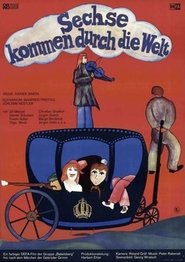 The King of Malabunt has won...
The King of Malabunt has won...Sechse kommen durch die Welt 1972
The King of Malabunt has won another war, after decorating himself and his three wooden marshals, he dismisses his army with a low wages. One of his soldiers protest this and is thrown into jail, but he swears to someday return and take all the wealth of the king.
 After the death of their father 18...
After the death of their father 18...Miss Butterfly 1966
After the death of their father, 18-year-old Helene Raupe (“coccoon”) and her younger sister Asta come under the guardianship of the youth welfare office in East Berlin. Helene fails miserably as a fishmonger, fashion assistant and bus conductor, all jobs ordained for her by the authorities. The young woman really only “emerges” in her fantasies, where she can escape from her dull, normal life.
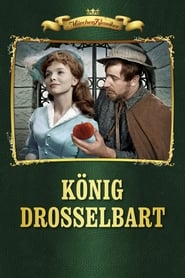 A fairytale about a beautiful but...
A fairytale about a beautiful but...King Thrushbeard 1965
A fairy-tale about a beautiful but very haughty princess Anna who cruelly mocks each of her suitors. Finally she is forced by the king to marry a beggar. The poor life, hard work and love teach the princess a lesson and turn her into a loving and kind person.
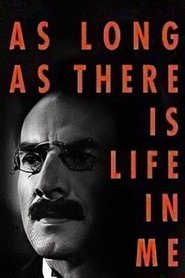 This is part one of a...
This is part one of a...As Long as There’s Life in Me 1965
This is part one of a two-part biopic about Karl Liebknecht. In 1914, Germany is arming itself for war. Karl Liebknecht, left-wing revolutionary Social Democrat, workers’ leader and a virulent antimilitarist, is one among 110 SPD members of Parliament who vote against approving war loans. From then on, he is considered un-German and a traitor to the fatherland, and his own party’s leadership turns against him. Despite threats, Liebknecht speaks up against the war and writes the manifesto “The Main Enemy Is at Home.” Even when he is arrested and charged with treason, he does not surrender.

 A collection of gay short films...
A collection of gay short films... Based on a novella by Bertolt...
Based on a novella by Bertolt... Based on a short story by...
Based on a short story by...



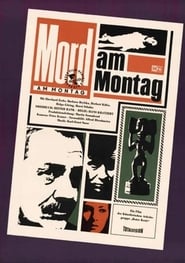
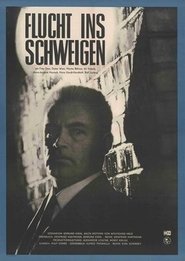
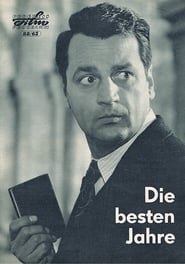 In 1945 Ernst Machner returns home from...
In 1945 Ernst Machner returns home from...